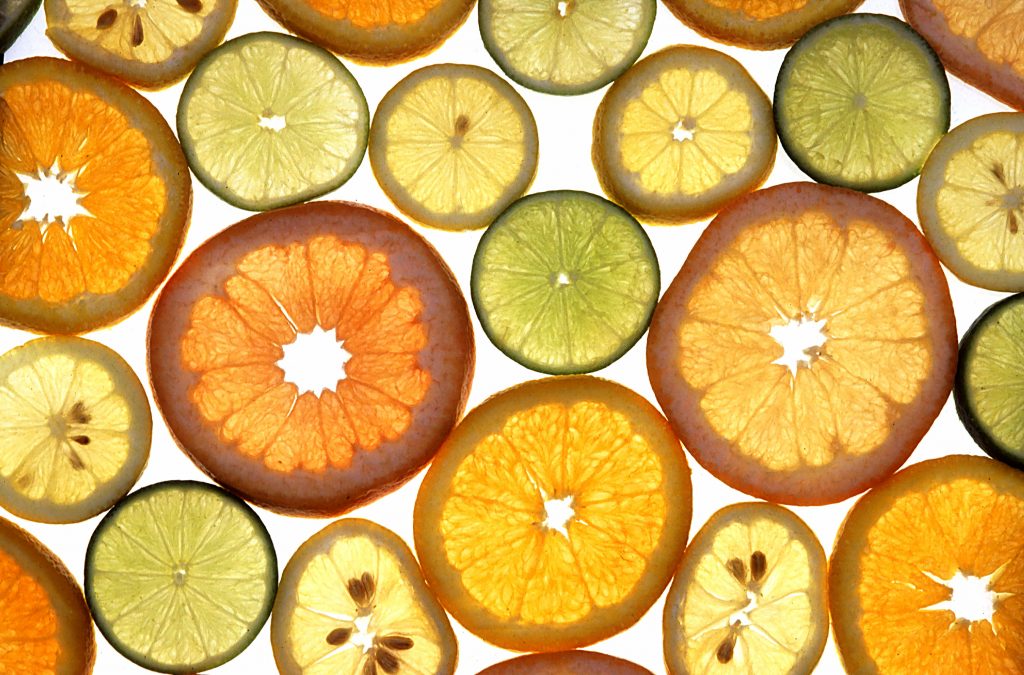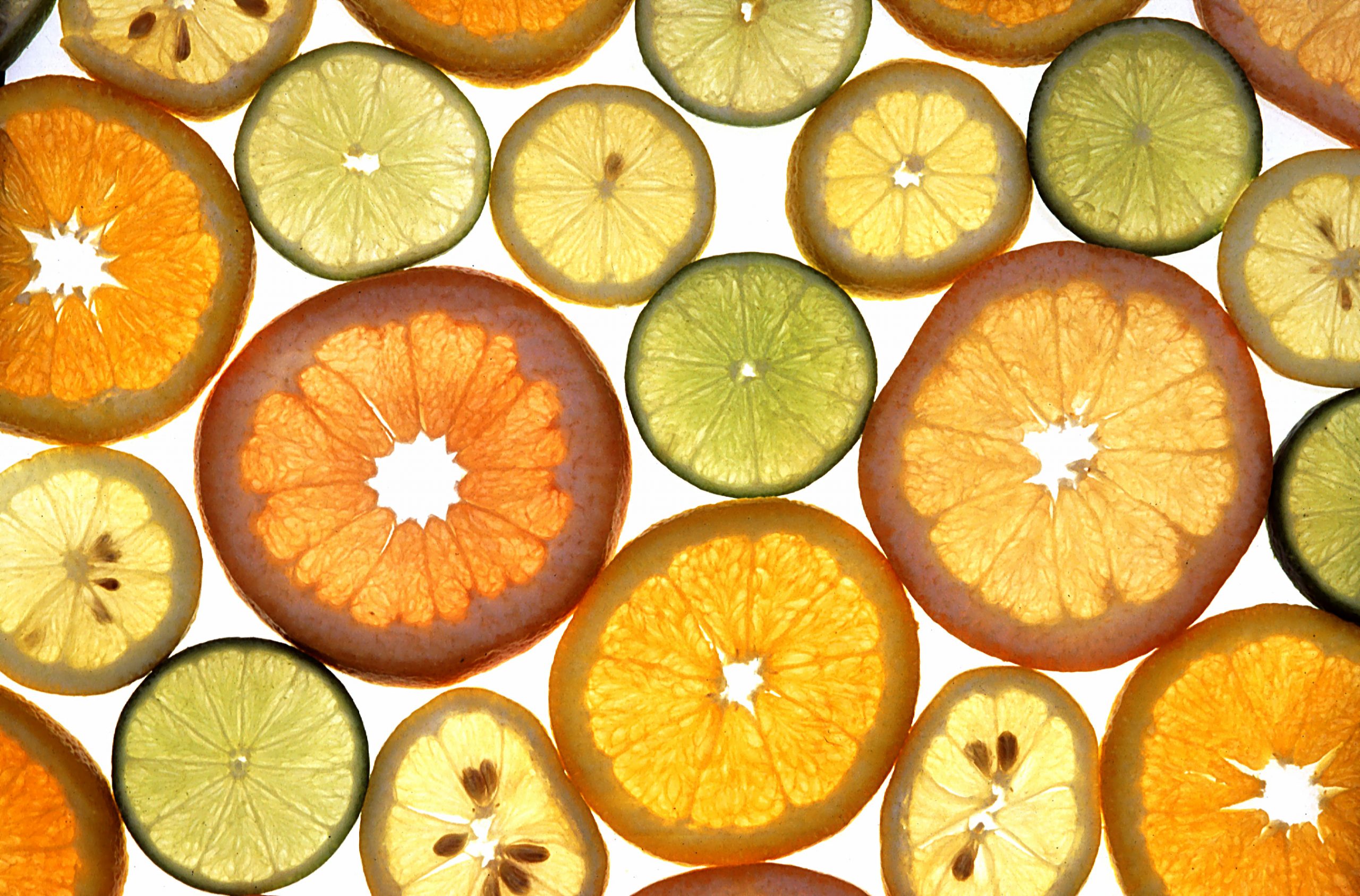News from Argentina’s citrus leaders
Citromax increases its export potential
Since it began producing lemons industrially in the 60s and fresh lemons in the 90s, Citromax has established itself as one of the most important firms in the sector. However, since 2013 the company and the province of Tucumán have been affected by the vagaries of the weather. Bernabe Padilla, their Commercial Head, explained that for this season
“the idea was to get results like last year’s, but increasing exports by 50-60% more. In reality, although the results are going to be good, the volumes will not be as high as hoped. Citromax calculates it will end the season with 14,000 tons.”
This will be the third year with exports below normal, losing ground in the fresh sector mainly due to the age of the orchards and the importance of industry, which now accounts for 80% of the business.
“We are trying to see how to reverse this. We want to position Citromax again among the top 4-5 fresh exporters, with a floor of 20,000 tons for export, mainly with the quality that our produce had in order to position itself on the world market. We have to get ready for normal years again where, faced with a growing supply, the main competitive advantage will be differentiation through quality.”
The lines of action that are being taken involve renovation of the plants and new production technology. As for the markets, Russia, Asia and Canada have again been participating, recovering the ground they had lost.
Latin Lemon: greater presence on international markets
Since it was founded in 2008, Latin Lemon’s sales, production and packaging policy has been based on quality. Guillermo Lamarca, Commercial Manager, stressed that
“continuing as in recent years, we have been creating sustained growth in export volumes, not only to Europe, but also seeking to develop new markets, too, while always aiming for quality by meeting the All Lemon standards and faithfully following its policies.”
Although the beginning of the campaign was affected by rain, it started as planned and is expected to continue normally as expected until the beginning of August. The amount of days it has rained, while not affecting the quality of the fruit, did affect the pathways around the fields and thus time was lost getting in the fields to harvest. This meant 35% less than what was estimated for this year, but more than was exported last season. Although there is a strong commitment to Europe, Latin Lemon is also solid in Russia and Canada, and little by little it is increasing its presence in the Middle and Far East while getting ready for when the obstacles to the US market are overcome, which is expected to be in 2017. The main investments focus on completing the integration of the business with the industrial side,
“which enables us to ensure the quality of the fruit, since we don’t need to put bad quality fruit in the boxes, because we have the industry in the company to which the discarded fruit may go,” stressed Lamarca.
FGF Trapani supplies lemons as of March
“FGF Trapani S.R.L. is synonymous with lemons, but also with the family,” enthuses Fabricio Trapani.
For over 60 years, three generations have been dedicated to producing and selling fresh lemons and their derivatives, as well as other citrus on a smaller scale. That is how the company has become a supplier of lemons of excellent quality, and year on year it is growing on the national and international markets. Thanks to the extension to its industrial plant, in total it makes concentrate and processes 100,000 tons of lemons a year, which are earmarked for industrial processes, and between 20 and 25,000 tons are exported fresh. With the idea of buying less fruit from third parties and having more of their own fruit, they are now investing in new fields to cultivate in northern Argentina, with the most advanced cultivation and watering technology. In total, there will be 500 ha in the province of Jujuy and another 200 ha in Salta, which will provide the possibility of having fruit as of March. The current campaign began with some difficulties due to intense rainfall, which has delayed shipments. The lack of fruit on the market has been compensated by good prices, which have hit a new record this year that is expected to be maintained throughout the season. Enthusiastic about the possibility of the United States’ market opening up, he underlines that it is a good market where a greater percentage of fruit may be exported.
Veracruz doubles its production capacity
With expectations of increasing exports by 30%, Veracruz will end the season with 12,000 tons, the same as in the last campaign. Carolina Seleme, the Commercial Manager, explains that
“an unusual phenomenon appeared: due to so many days with low temperatures, a lot of fruit attained a commercial colour before expected. That’s good because we have more fruit available than we thought, but it’s also bad because the harvest capacity for preselection and packaging is limited, so we are not going to be able to get all the fruit that is already ready onto the market.”
As a result, the harvest is about 70% complete, when in a normal year around this time it would be at 49%. Veracruz is always trying to open up new markets. It is the only Argentinean company that exports to the Philippines and Indonesia, where 75% of the purchasers are to be found.
“The US looks interesting to us and we hope to develop it. Our land is already registered and we are already taking the steps demanded by this market; not because the US requires it, but because we believe it is better in order to have good quality fruit,” specifies Seleme.
Finally, Veracruz doubled its production capacity and bought the necessary machines to have completely automated packaging up and running for the upcoming campaign. They also have a new nursery with more than 20,000 plants that will be grown on 100 new hectares.
“We certify the plants from when they are seedlings until delivery to the client. This is what the customers want: the producer grows their tree and guarantees the quality as of the seed,” she stressed.
San Miguel grows in South Africa with an eye on the East
With a total of 7,760 ha grown in three countries (Argentina, Uruguay and South Africa), which produced a total of 91,058 tons of citrus for export in 2015, San Miguel is concentrating on exploring new markets, broadening the supply of fruit where it is already present, and reaffirming the bases of its identity as a company, strengthening its policies on quality and sustainability.
“We wish to establish ourselves as a leading company in fresh citrus fruit and processed vegetable and fruit in the Southern Hemisphere. We understand that long-lasting success has to be reached and maintained via sustainable development,” states Alejandro Moralejo,
Commercial Director at Fruta Fresca. While Europe accounts for half of their customers, and Russia borders on 15 %, it is making headway in North American markets and already devotes nearly 20 % of its produce to customers in the Middle and Far East. The most important fruit is the lemon, with 52% of its production, but it is continuing to grow with oranges (41%) and mandarins (6%). This year, San Miguel’s supply will even out. The rate of growth they are experiencing with sweet citrus is a little greater than with lemons. Historically, the company had four or five times more lemons than oranges and mandarins, whereas they have currently managed to balance the ratio at 1:1. As for new markets, they are exploring the Far East and, with a view to broadening their supply to North America, they have acquired two new orchards in Western Cape, South Africa, which unlike other regions in the country have the corresponding plant health permits for export to the US. The main distribution channels are supermarkets, which account for 70% of their sales.
All Lemon boosts consumption with “Think Lemon”
“We are still working to do more as regards positioning Argentine lemons in the world, ensuring the quality demanded by the markets,” explains Walter Ojeda.
With greater production levels than in 2015, the 2016 campaign began with excessive rainfall, which prevented export operations from working normally. All of these factors have created new challenges and rules of play to keep the high levels of quality for the most demanding markets, which means that All Lemon is working consistently amongst other things on a unifying, single language for quality with its member companies. All Lemon’s most recent initiative is the “Think Lemon” campaign, which began last year to promote the benefits of lemons, linking their quality and properties to a kind of lifestyle. This involved specific promotion, dissemination and awareness-raising activities for consumers about the advantages and uses of the fruit. This was a shared experience and has been well received by other producing countries such as South Africa, Turkey, Spain, Italy, the US, Uruguay and Chile, with whom a panel was set up to establish how progress could be made to continue exploiting the benefits of this noble fruit. In the context of this joint effort, the US proposed financing research by a prestigious North American university in order to study the benefits of lemons for our health. In other matters, this year three new companies have joined. Ojeda emphasised that
“it’s an open group and the only condition we require is that they use the seal as is and in order to do so they have to be qualified by our audits by our professional, independent quality control team, following a specific procedure in order to be able to export.”
Today, the 15 members that make up All Lemon represent 75% of total lemon exports from Argentina, and
“we believe that the members are going to continue to rise in number and in individual production, so this percentage is going to keep growing. It would be spectacular if all the exporters/producers formed part of the quality seal,” enthused Ojeda.
Zamora Citrus gets ready for new markets
In addition to the work that Argentina is doing to open up new markets such as the US, Japan and China, according to Juan Zamora, the President of Zamora Citrus, there is also the growth of middle classes around the world, who have greater spending power, which means an increase in consumption.
“We are preparing to face this new situation. We see growth in demand for lemons and an opening up that is going to appear over the next five years with new markets.”
This is why Zamora Citrus has acquired 450 ha of more land to plant lemons, meaning an increase of 100%. Also in expectation of rising demand for healthier eating habits, in 2009 the company introduced a post-harvest treatment system that enables the use of chemical products and MRLs to be reduced in order to give consumers a more ecological, healthier product. Following this trend,
“we are also developing land of 80 ha for organic produce,” which will make it one of the top Argentine companies in this sector in producing fresh organic lemons. As for the current campaign, February saw a recuperation in production, which led to forecasts of 20% more than last year. However, the intense rainfall led to 40 days of harvest being lost, which in turn led to delays in shipments and a loss in quality, as well as an increase in calibres. The situation points to the lemon campaign possibly ending before expected, with only a few more shipments exported than last year. They are currently harvesting 400 tons a day, of which 60% is earmarked for industry.




